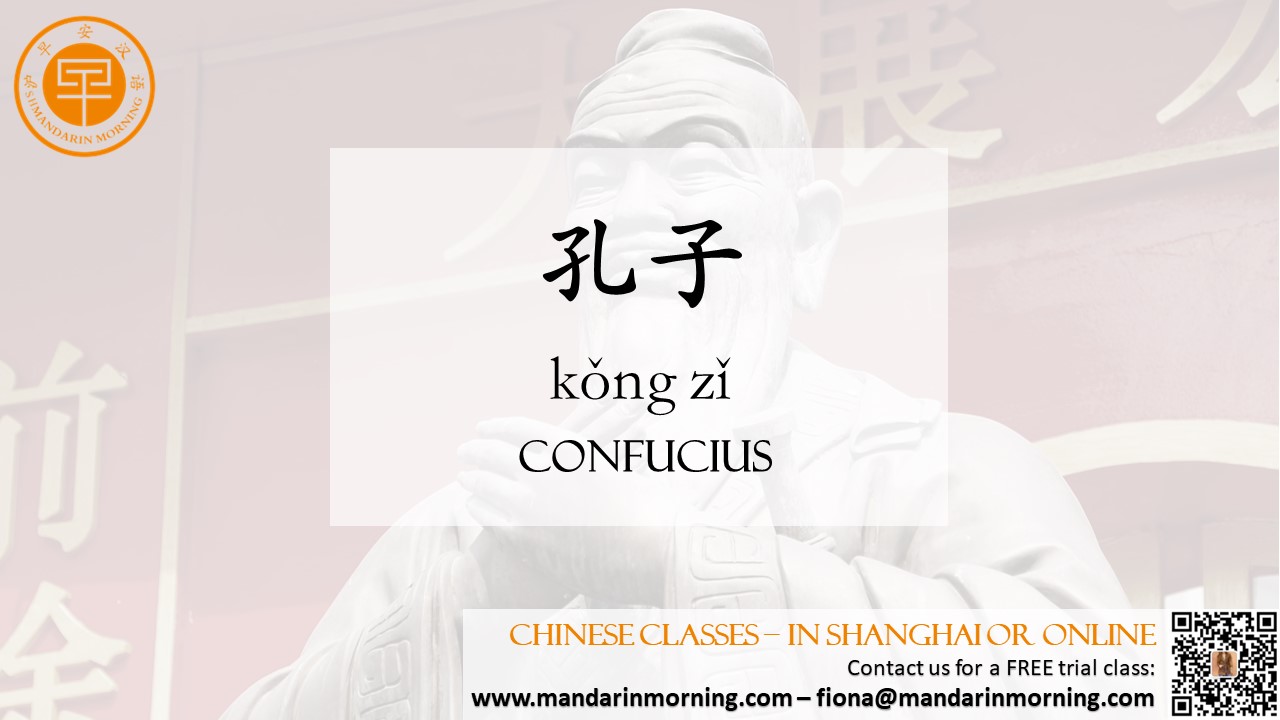| Confucianism is the cornerstone of traditional Chinese culture as well as a complete ideological system created by Confucius, based on the traditional culture of the Xia, Shang and Zhou Dynasties. It has dominated a feudal society that in essence has lasted 2000 years and for that reason its influence over the history, social structure and the people of China cannot be overlooked. Confucius (孔子 kǒng zǐ) was born in 551B.C in the State of Lu which is known today as Qufu in Shandong Province. He has proved to be the greatest influence over the Chinese character. Besides being a great educationist, thinker and unsuccessful politician, he was first of all an intellect with a noble morality. He pursued truth, kindness and perfection throughout his life and his success and failure were largely due to his character, which had an everlasting impact on Chinese intellect.  Development History of Confucianism Confucianism (孔教 kǒng jiào) was further developed by Mencius (372B.C.-289B.C.) and Xun Zi. It was in the reign of Emperor Wu during the Han Dynasty that it was promoted to being the state ideology. Since then, it became the orthodox doctrine of Chinese society. And Confucius was glorified as a Saint instead of an ordinary man. In the coming Wei and Jin Dynasties, Confucianism coexisted with Buddhism and Taoism. Up to the Sui and Tang Dynasties, the struggle for dominance between the three became heated. The Song Dynasty witnessed a vital period of its development. Featuring Confucian school of idealist philosophy of the Song and Ming dynasties, it restored its orthodox role for the following 700 years. Waving the banner of science and democracy, the New Cultural Movement from 1915 attacked the feudal system, including its core ideological system of Confucianism. During the Cultural Revolution, it was once again under violent attack. In recent years people can look at Confucianism with a more rational state of mind, some even suggest its returning for wisdom while opponents hold that it should be held responsible for the backwardness of China's development and for that reason its dominance should not be revived. In any event, that would not be possible. To our delight, many scholars devote themselves to the study of Confucianism and its application to modern society. Such study is important as the Chinese language has experienced considerable changes over the centuries and the lack of any punctuation in the ancient classics has made it difficult for us to fully comprehend his ideology. Confucianism is succinct as well as intensive. Strictly speaking, it is not a religion but more a doctrine than belief, while the meaning behind the beautiful words renders wordy post-modernism pale and dull. It is part of world cultural heritage and an integral part of Chinese life. |